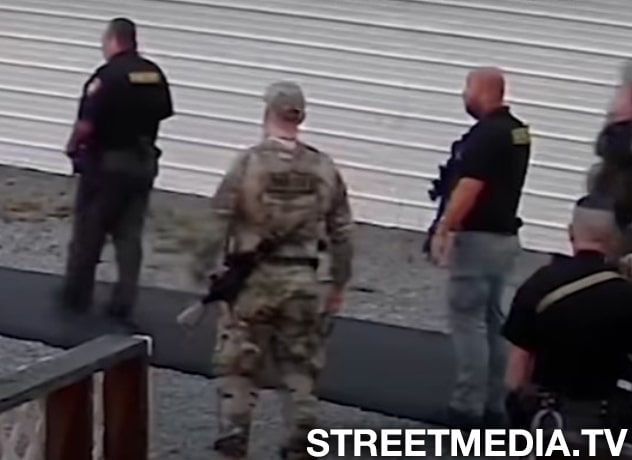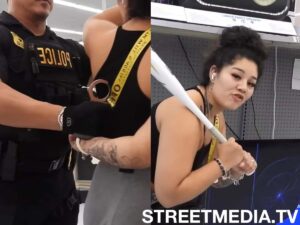Afroman vs. the Sheriffs: The Case of Security Footage and Invasion of Privacy

In recent news, rapper Afroman is facing a lawsuit from sheriffs over the use of his own security surveillance footage in a music video. The footage in question shows the sheriffs wrongfully raiding Afroman’s home in Ohio, and now they are suing him for invasion of privacy. This case brings up a number of questions regarding the use of security footage, artistic expression, and the rights of individuals and law enforcement. The news of Afroman sued over home raid, has sent shockwaves throughout social media.
Firstly, it’s important to understand the background of the case. Afroman’s home was raided by sheriffs, who were acting on a search warrant. The warrant had been obtained based on information that turned out to be false, and no illegal activity was found during the raid. However, Afroman had security cameras set up in his home, and the footage captured the raid in detail.
Afroman, who is known for his music, decided to use the footage in a music video for his song “I Can’t Breathe”. The video, which was released on YouTube, shows the sheriffs breaking into his home, searching the premises, and handcuffing Afroman. The footage is accompanied by the song’s lyrics, which reference police brutality and racial injustice.
The sheriffs, who are now suing Afroman, claim that he violated their privacy rights by using the footage without their consent. They argue that they had a reasonable expectation of privacy while performing their duties as law enforcement officers, and that Afroman’s use of the footage is an invasion of that privacy.
>> Afroman Sued Over Home Raid: Invasion of Privacy
However, Afroman and his legal team argue that he had every right to use the footage in his music video. They point out that the footage was captured on Afroman’s own property, and that he therefore had the right to use it as he saw fit. Additionally, they argue that the footage is a form of artistic expression, and that Afroman’s use of it falls under the protection of the First Amendment. Afroman sued over home raid is nothing more than a police tactic to scare Afroman for calling them out in the music video.
This case raises a number of important questions regarding the use of security footage and the rights of individuals and law enforcement. On the one hand, it’s clear that Afroman had the right to capture footage of his own property, and that he therefore had the right to use it as he saw fit. However, the sheriffs argue that they had a reasonable expectation of privacy while performing their duties, and that Afroman’s use of the footage violated that privacy.
One of the key issues at play here is the question of whether law enforcement officers have a reasonable expectation of privacy while performing their duties. While it’s true that individuals have a right to privacy, it’s also true that law enforcement officers are public officials who are performing a public duty. As such, it could be argued that they have a reduced expectation of privacy, particularly when they are performing their duties in a public space.
Another issue at play here is the question of artistic expression. Afroman’s use of the footage in his music video is clearly a form of artistic expression, and it could be argued that this expression falls under the protection of the First Amendment. However, the sheriffs argue that Afroman’s use of the footage goes beyond artistic expression, and that it constitutes an invasion of their privacy. Hence why Afroman was sued over home raid.
Ultimately, it will be up to the courts to decide whether Afroman’s use of the footage in his music video constitutes an invasion of privacy. However, this case highlights the complex legal and ethical issues that arise when it comes to the use of security footage and the rights of individuals and law enforcement. As technology continues to advance, it’s likely that we will see more cases like this in the future, and it’s important that we have a robust legal framework in place to address these issues.



